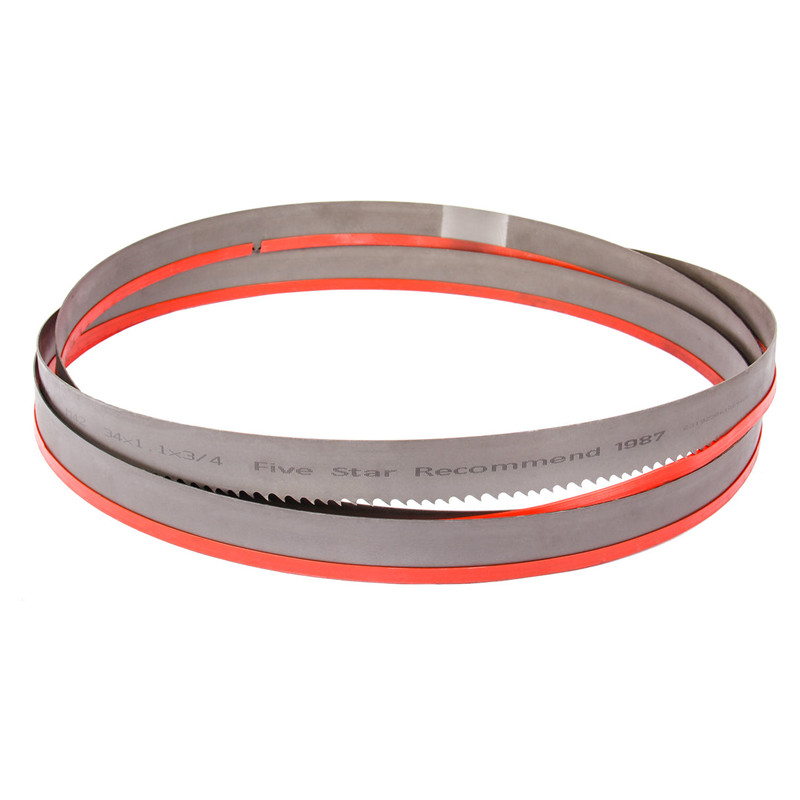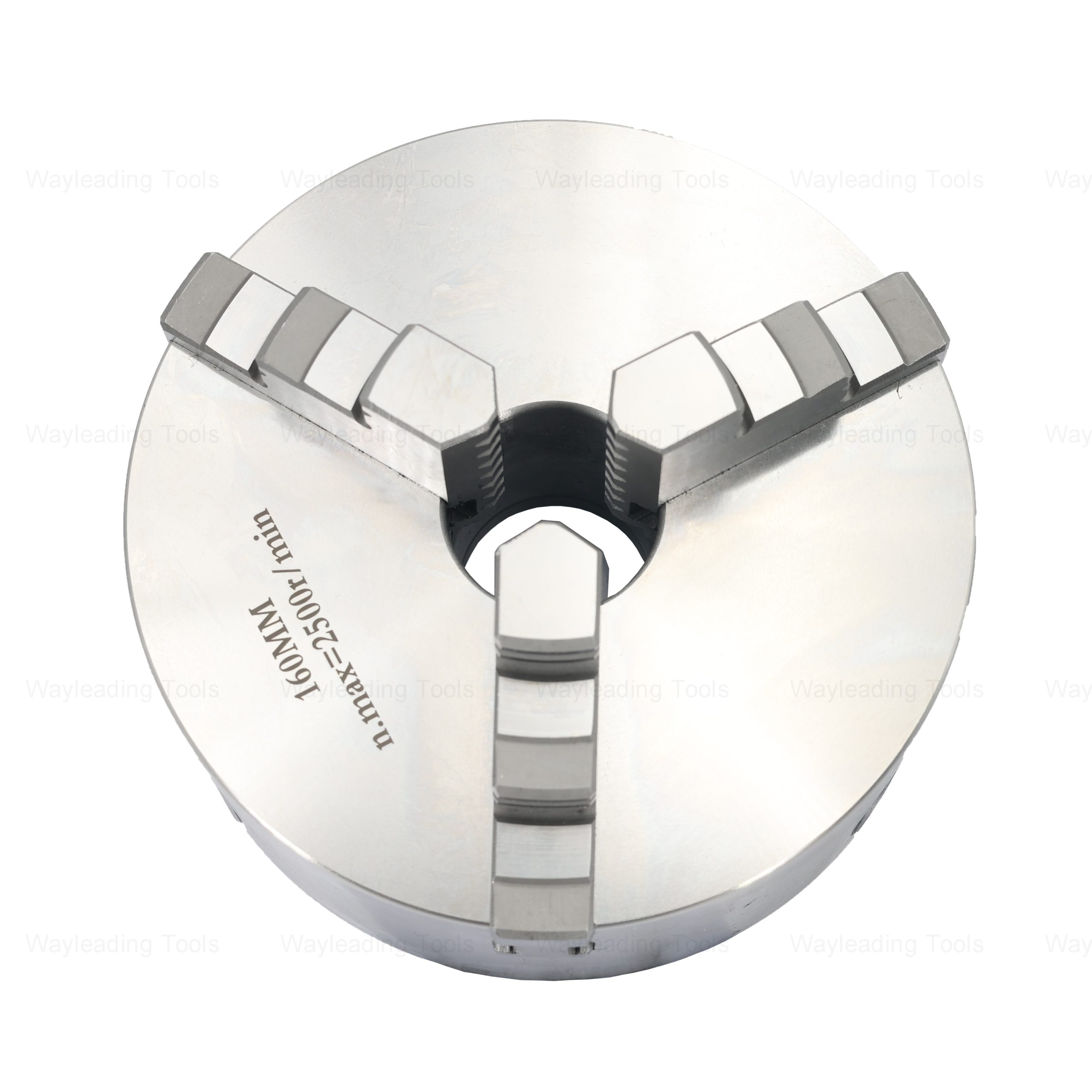carbide center drill Manufacturers
Finding the right carbide center drill manufacturers can be challenging. This guide explores the key factors to consider when selecting a manufacturer, different types of carbide center drills, their applications, and the benefits of using carbide materials for precision drilling.
Understanding Carbide Center Drills
A carbide center drill, often called a combined drill and countersink, is a cutting tool used to create a conical hole for a lathe center to make a starting point for a standard twist drill, designed to prevent the twist drill from wandering. It is crucial for achieving accurate and precise drilling, especially in metalworking and machining applications. Choosing the right carbide center drill manufacturers can impact the quality of your projects.
What is Carbide?
Carbide, specifically cemented carbide, is a composite material consisting of hard carbide particles cemented together by a metallic binder. Typically, tungsten carbide (WC) is used as the hard phase, and cobalt (Co) is used as the binder. Other carbides, such as titanium carbide (TiC) and tantalum carbide (TaC), may be added to modify the properties of the material.
Benefits of Carbide Center Drills
Using carbide center drills offers several advantages:
- High Hardness: Carbide is exceptionally hard, allowing it to cut through tough materials.
- Wear Resistance: Carbide center drills maintain their cutting edge longer than high-speed steel (HSS) drills.
- Heat Resistance: Carbide can withstand higher temperatures without losing its hardness.
- Precision: They create accurate and consistent center holes.
- Longer Tool Life: Due to their durability, carbide center drills offer a longer lifespan.
Types of Carbide Center Drills
Carbide center drills come in various types, each designed for specific applications.
Standard Center Drills
These are the most common type, used for general-purpose centering. They typically have a 60-degree or 90-degree countersink angle.
Bell-Type Center Drills
Bell-type center drills are designed to create a larger countersink, providing more support for the workpiece. They're often used in heavy-duty machining applications.
Self-Centering Drills
These drills have a pilot point that helps them to center accurately, even on curved surfaces. Ideal for precision work, they can be found from reputable carbide center drill manufacturers.
Combined Drills and Countersinks
As mentioned earlier, these tools combine the drilling and countersinking operations in one step, saving time and increasing efficiency.
Key Factors When Choosing Carbide Center Drill Manufacturers
Selecting the right carbide center drill manufacturers is essential for ensuring the quality and performance of your tools.
Material Quality
Ensure the manufacturer uses high-quality carbide materials. Look for manufacturers who specify the carbide grade and binder content. High-quality materials lead to longer tool life and better performance.
Manufacturing Process
The manufacturing process significantly impacts the quality of carbide center drills. Look for manufacturers who use advanced grinding and polishing techniques to ensure precise cutting edges and smooth surfaces.
Quality Control
A reputable manufacturer should have a robust quality control system in place. This includes inspections at various stages of the manufacturing process to ensure that the tools meet the required specifications.
Customization Options
If you have specific requirements, look for a manufacturer that offers customization options. This could include different sizes, angles, or coatings.
Reputation and Experience
Choose a manufacturer with a good reputation and extensive experience in the industry. Check online reviews and ask for references to assess their reliability and quality of products.
Pricing and Lead Times
Consider the pricing and lead times offered by different manufacturers. While it's important to find a cost-effective solution, don't compromise on quality. Also, ensure that the manufacturer can deliver the tools within your required timeframe.
Applications of Carbide Center Drills
Carbide center drills are used in a wide range of applications across various industries.
Metalworking
In metalworking, carbide center drills are used to create accurate center holes for subsequent drilling operations. They are essential for machining parts on lathes and other machine tools.
Automotive Industry
The automotive industry uses carbide center drills for manufacturing engine components, chassis parts, and other critical components that require precise drilling.
Aerospace Industry
The aerospace industry demands high-precision tools. Carbide center drills are used for drilling holes in aircraft structures, engine parts, and other components where accuracy and reliability are paramount.
Electronics Manufacturing
In electronics manufacturing, carbide center drills are used for drilling small, precise holes in printed circuit boards (PCBs) and other electronic components.
Wayleading Tools: Your Partner for Precision Machining
At Wayleading Tools, we understand the importance of precision in machining. While we may not directly manufacture carbide center drills, we offer a wide range of high-quality cutting tools and accessories that complement their use. Contact us to discover how we can support your machining needs.
Maintenance and Care of Carbide Center Drills
Proper maintenance and care can significantly extend the life of your carbide center drills.
Cleaning
After each use, clean the carbide center drill to remove any debris or coolant residue. Use a soft brush or cloth and a suitable cleaning solvent.
Sharpening
Regularly inspect the cutting edges of your carbide center drills. If they become dull, sharpen them using a diamond grinding wheel. Follow the manufacturer's instructions for sharpening.
Storage
Store carbide center drills in a dry and secure location to prevent damage. Use individual containers or racks to protect the cutting edges.
Troubleshooting Common Issues
Even with proper care, you may encounter some issues with your carbide center drills.
Chipping
Chipping can occur if the drill is subjected to excessive force or vibration. Reduce the feed rate and ensure the workpiece is properly secured. Also, consider the carbide grade being used; some are more prone to chipping than others.
Breakage
Breakage can result from using the wrong type of drill for the material or excessive heat buildup. Select the appropriate drill for the material and use coolant to dissipate heat.
Poor Hole Quality
Poor hole quality can be caused by dull cutting edges or improper drilling techniques. Sharpen the drill or adjust your drilling parameters.
Cost Considerations
The cost of carbide center drills can vary depending on the size, type, and manufacturer. While carbide center drills are generally more expensive than HSS drills, their longer tool life and superior performance often make them a more cost-effective option in the long run.
| Factor | Considerations |
|---|---|
| Initial Cost | Higher than HSS drills |
| Tool Life | Longer, reducing replacement costs |
| Performance | Superior precision and cutting speed |
Conclusion
Selecting the right carbide center drill manufacturers is crucial for achieving precision and efficiency in your machining operations. By considering the factors discussed in this guide, you can make an informed decision and choose a manufacturer that meets your specific needs.
Related products
Related products
Best selling products
Best selling products-
 Indexable Spade Drill Holder With Helical Flute Holder And Taper Shank
Indexable Spade Drill Holder With Helical Flute Holder And Taper Shank -
 Precision V Block And Clamps Set With Industry Type
Precision V Block And Clamps Set With Industry Type -
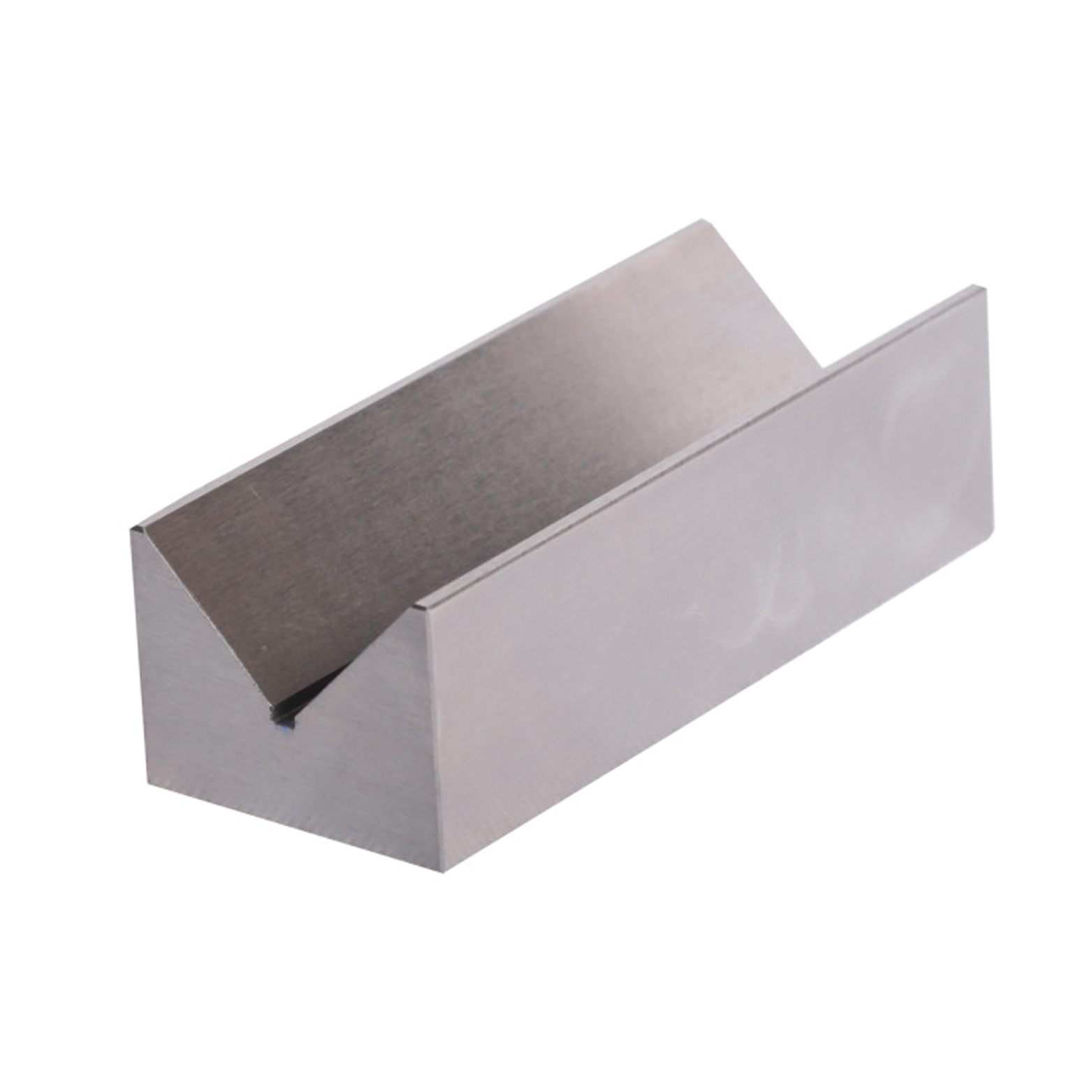 Precision V Block Set With Industrial Type
Precision V Block Set With Industrial Type -
 Metric HSS Step Drills With Straight Flute
Metric HSS Step Drills With Straight Flute -
 HSS Inch 4 Flute End Mills With Bright Or TiN And TiAlN Coated
HSS Inch 4 Flute End Mills With Bright Or TiN And TiAlN Coated -
 Type C Cylinder Ball Nose Tungsten Carbide Rotary Burr
Type C Cylinder Ball Nose Tungsten Carbide Rotary Burr -
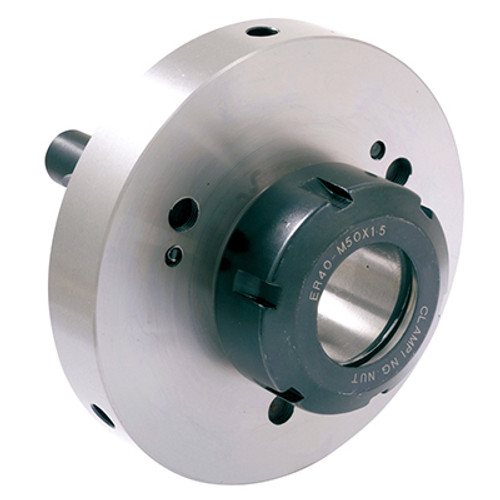 Camlock ER Collet Fixture With Lathe Collet Chuck
Camlock ER Collet Fixture With Lathe Collet Chuck -
 CCMT Turning Insert For Indexable Turning Tool Holder
CCMT Turning Insert For Indexable Turning Tool Holder -
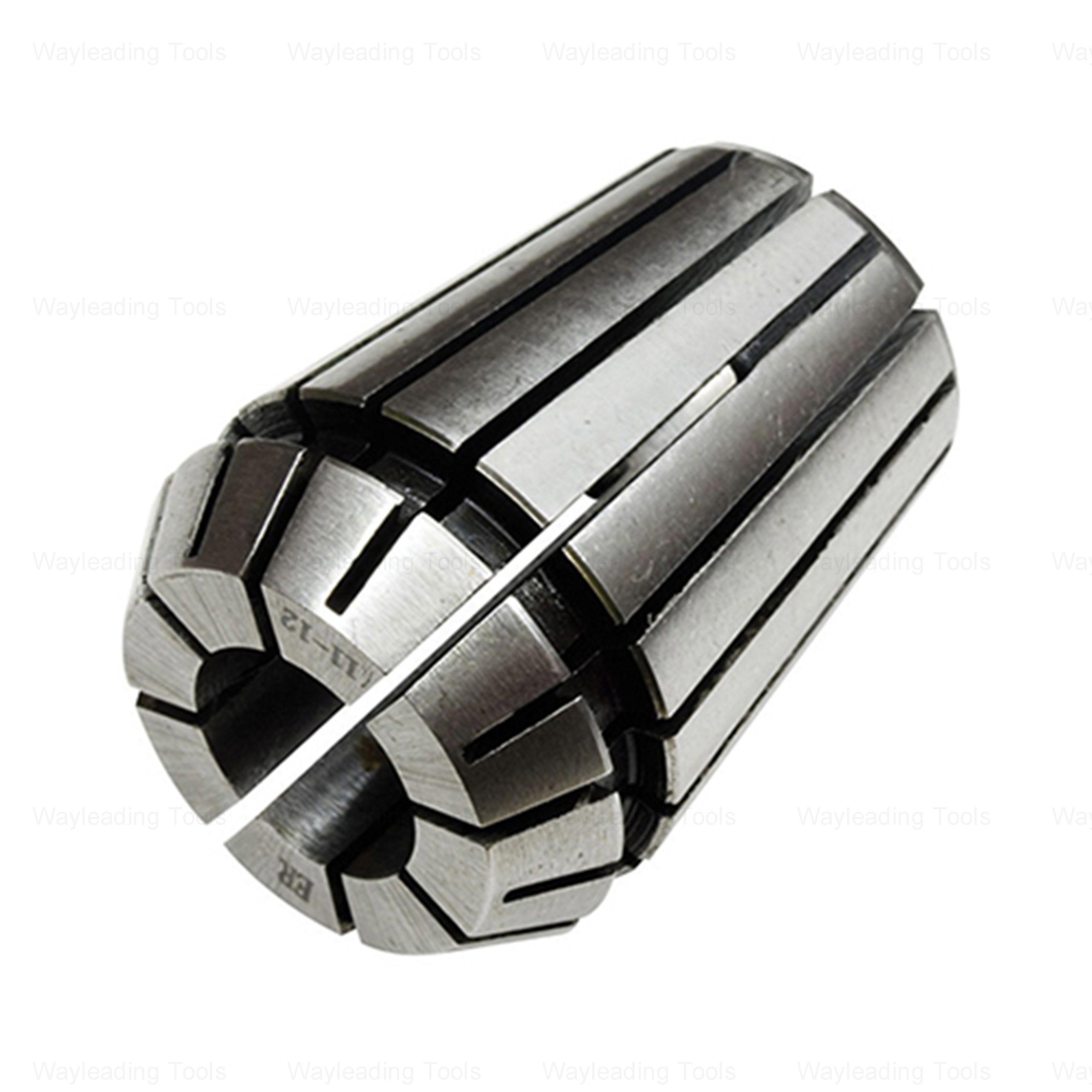 Metric ER Collets – High Precision, for Milling Applications
Metric ER Collets – High Precision, for Milling Applications -
 HSS Threading Taps – ISO 529, Straight Flute, Spiral Flute & Spiral Point
HSS Threading Taps – ISO 529, Straight Flute, Spiral Flute & Spiral Point -
 R8 Hex Collet With Inch and Metric Size
R8 Hex Collet With Inch and Metric Size -
 HSS Keyway Broach With Metric And Inch Size, Push Type
HSS Keyway Broach With Metric And Inch Size, Push Type

